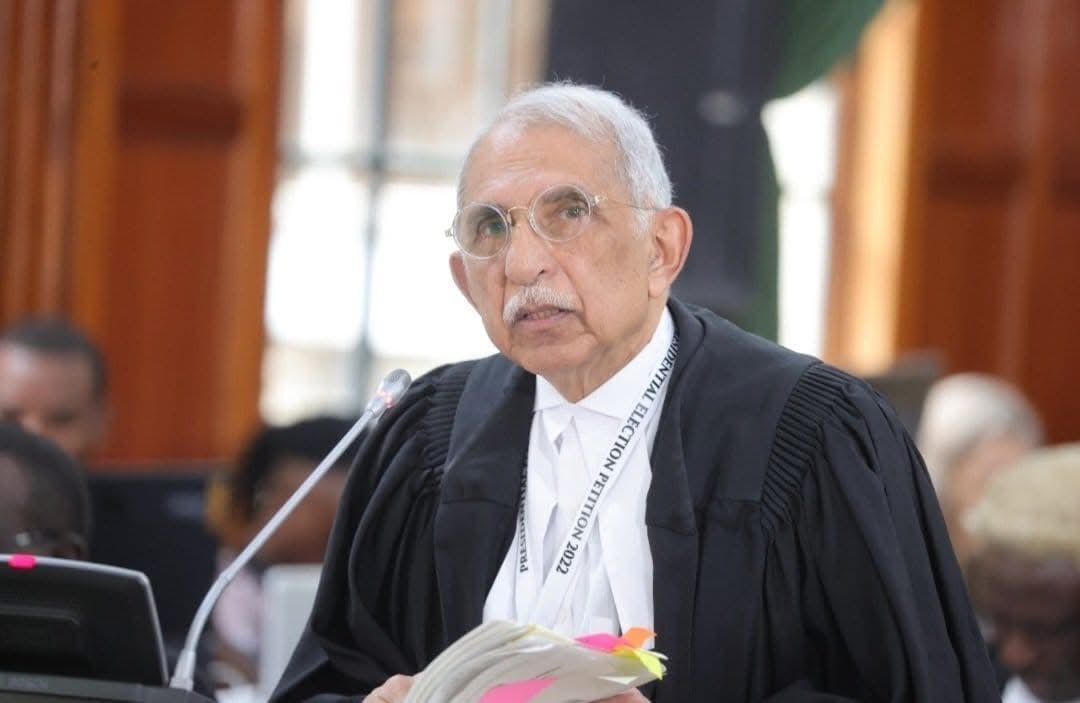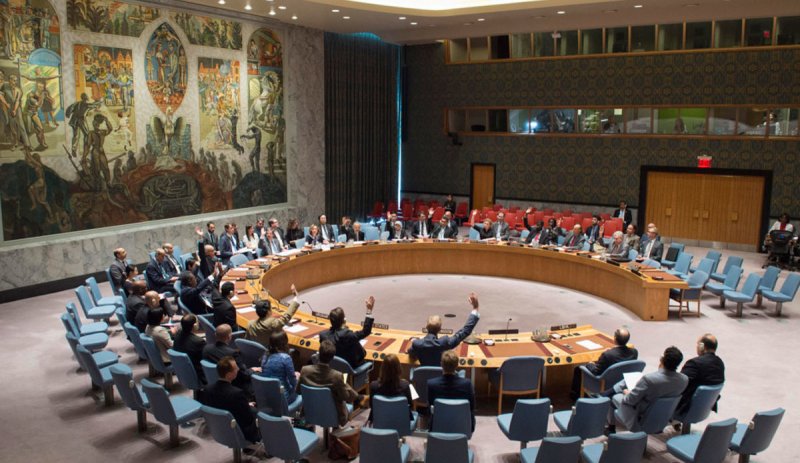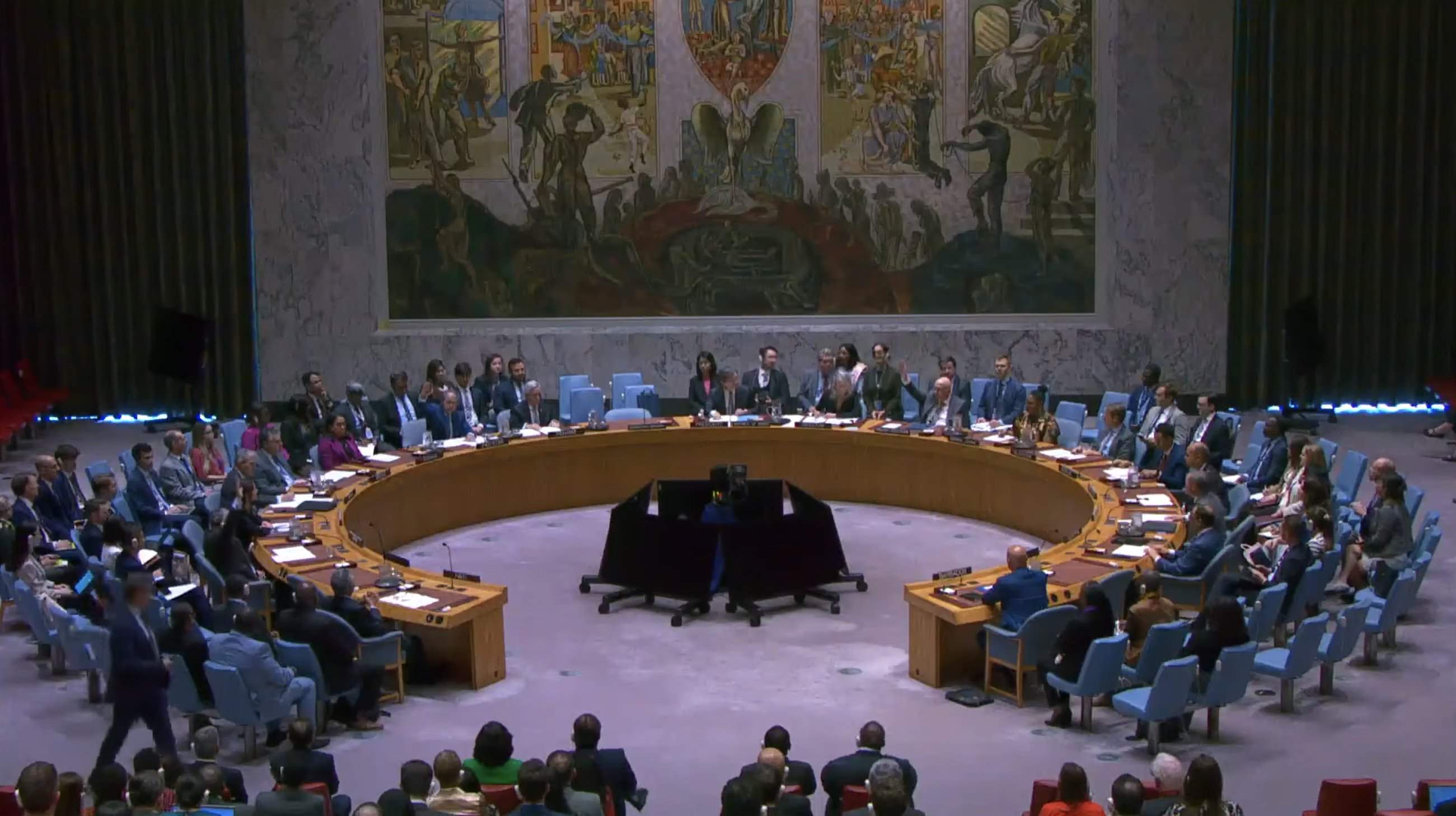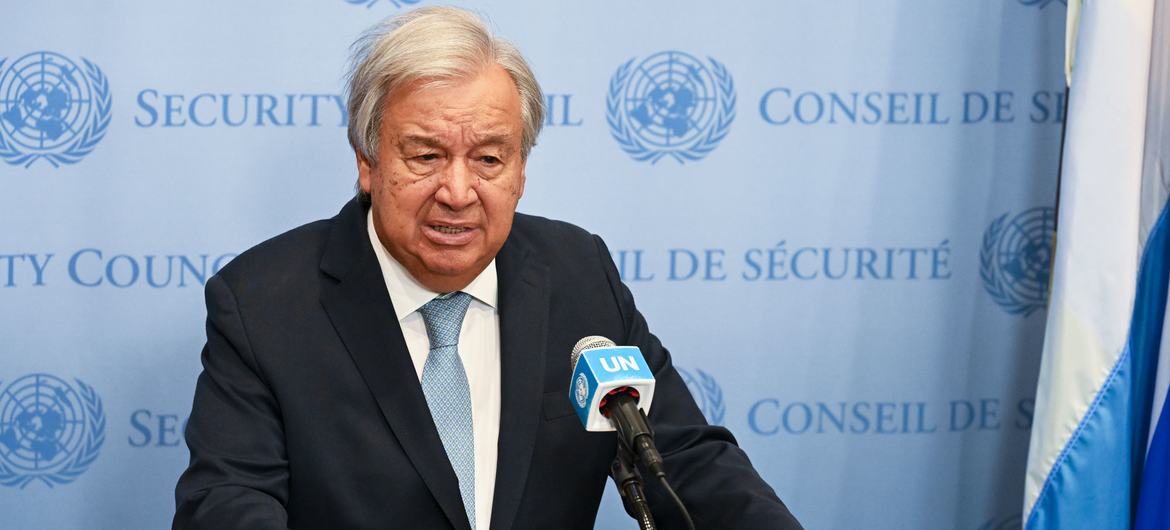Fuel prices set to rise in 2026 following EPRA’s profit formula changes

EPRA’s director of Petroleum and Gas, Edward Kinyua, defended the authority, saying the adjustments were based on findings from a review carried out in 2023.
Kenyans should brace for another jump in fuel prices beginning July 2026 as the Energy and Petroleum Regulatory Authority (EPRA) enters the last stage of a pricing formula that has steadily increased the profits earned by oil marketers over the past seven years.
The framework, known as the Cost of Service for the Supply of Petroleum Products (COSSOP), was introduced in 2018 to regulate and protect the earnings of Oil Marketing Companies (OMCs).
More To Read
- Three-week drop in benchmark crude sets up Kenyans for further fuel price relief
- Consumers to get more units for less as electricity tariffs decline
- High Court blocks 10 per cent crude oil duty, slams government for bypassing public input
- Matatus take EPRA and City Hall to court over ban on passenger pickups at fuel stations
- Fuel prices remain unchanged in November EPRA review
- Senators grill EPRA over LPG safety, illegal refilling plants
Since its launch, the margin per litre has risen from Sh4 to a high of Sh17 this year, with the final increase set for implementation in 2026.
The matter was raised in the Senate Energy Committee, chaired by Siaya Senator Oburu Odinga, where legislators summoned Energy Cabinet Secretary Opiyo Wandayi to explain the continued high fuel costs in Kenya, even as international prices drop.
During the Thursday session, senators compared pump prices in Nairobi and Kigali, noting that despite Rwanda being landlocked and relying on fuel imports through Tanzania, where a litre of petrol costs Sh161.80, compared to Sh186.31 in Nairobi.
Narok Senator Ledama Olekina, who is also the Senate Minority Whip, challenged EPRA’s decision to expand profit margins for oil firms, calling it unfair to struggling Kenyans.
“In 2017, the profit margin stood at Sh4, shared between OMCs and retailers. By 2024–25, the margin is now Sh17, split Sh11 and Sh6 respectively,” Ledama said.
“EPRA is increasing OMCs’ margins unjustifiably. You can’t say operational costs have risen this drastically. Please consider the lives of Kenyans,” he added.
Responding to the concerns, EPRA’s director of Petroleum and Gas, Edward Kinyua, defended the authority, saying the adjustments were based on findings from a review carried out in 2023.
He also linked the rise in fuel prices to the increase in the Road Maintenance Levy, which went up from Sh18 to Sh25 last year.
“Implementing the full increase in one go would have made fuel unaffordable. We phased it in gradually. The worst is behind us. The next increase will be negligible,” Kinyua told the committee.
But the explanation did not satisfy lawmakers, who also raised concern over the taxes on imported fuel, which Senator Ledama said had reached 101 per cent, despite the exchange rate remaining between Sh129 and Sh131 to the dollar since August 2024.
With the final adjustment under the COSSOP model due next year, concerns are growing that fuel prices in Kenya will continue to climb, even as the public struggles with an already high cost of living.
Top Stories Today















































